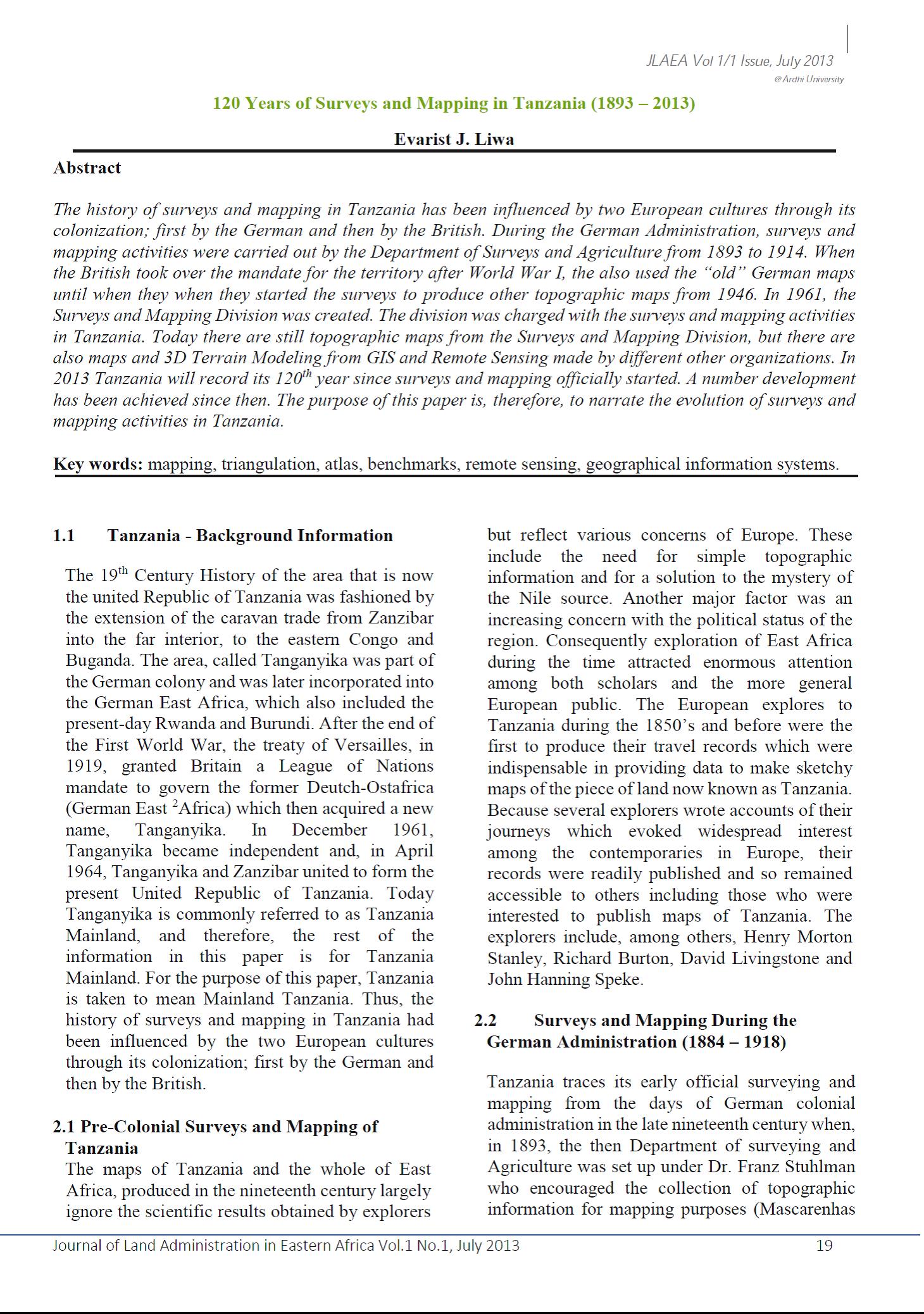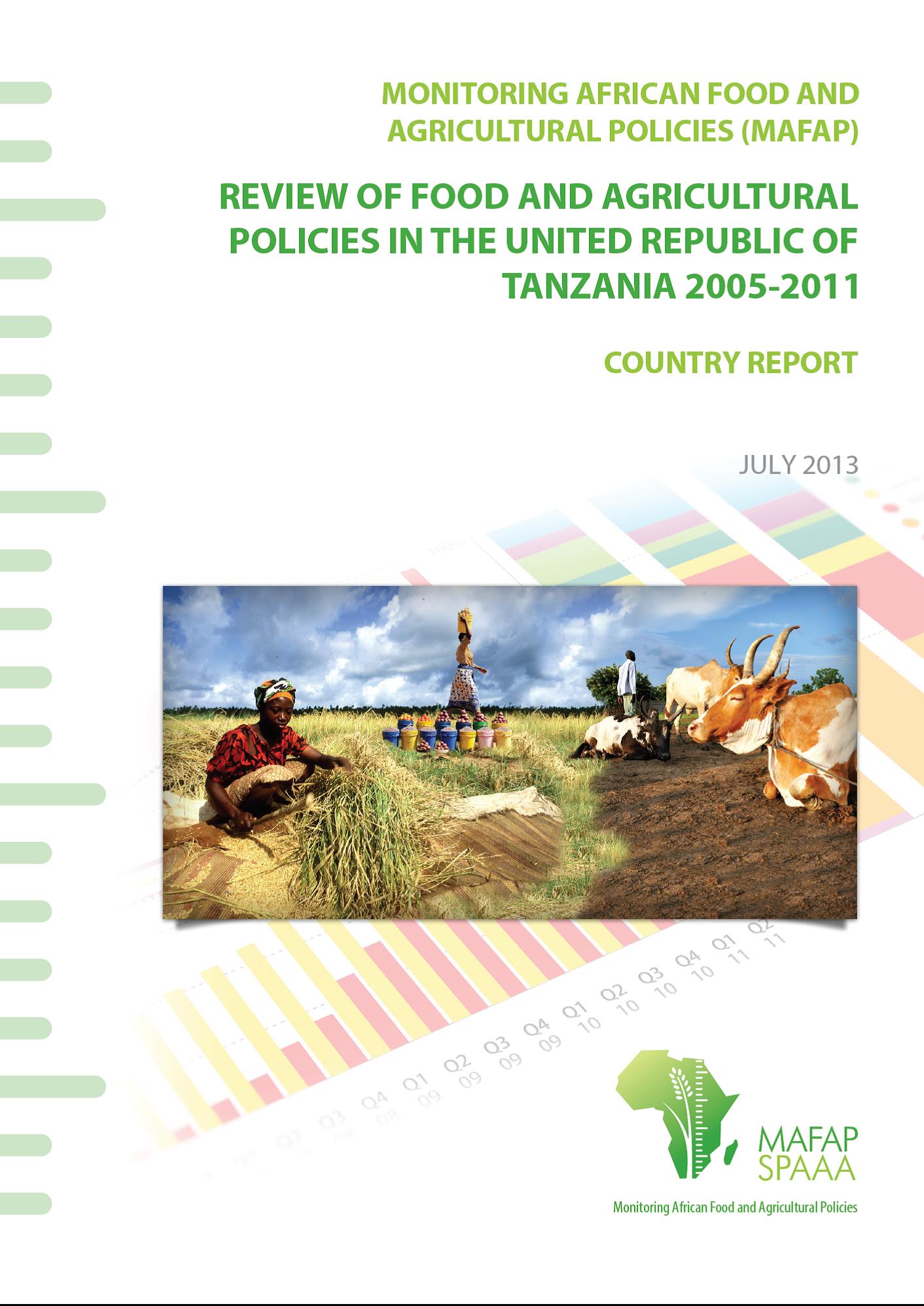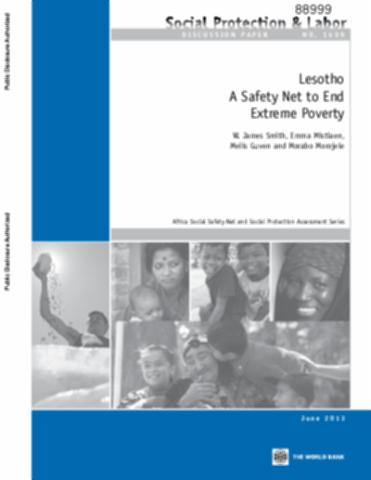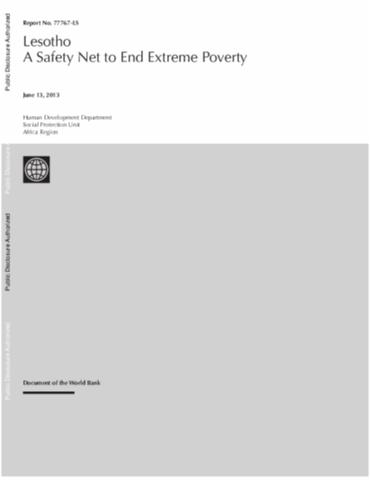Professional Skills Needed in Formulating and Implementing National Land Policies
Developing countries are facing a number of challenges in search of development. Various policies and strategies have been formulated and many are already in the process of implementation in different countries. Among the policies are National Land Policies (NLP).









